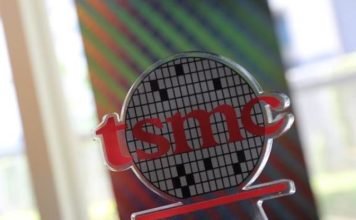By Telecom Lead Team:
The Supreme Court order to cancel 122 mobile licensees in 4 months will boost
telecom consolidation in India.
The likely winners are mobile operators such as the cash
rich Vodafone and the aspiring Bharti Airtel, while it may attract other
foreign telecom players as well.
The current issues can also attract global mobile operators
who never tested Indian waters. Though this is the third phase of India’s
telecom revolution, there are several foreign mobile companies who can invest
in emerging telecom markets.
The growing market can become a hot bed for companies such
as Verizon, AT&T, MTN, etc. The Supreme Court order has the potential to
bring in much needed transparency to the entire 2G scam. The future governments
and ministers will be forced to take pro-active action to support the industry.
Who will win the race?
The consolidation phase will become easy if these affected
new players – Uninor who got 22 pan India licenses, Loop 21, MTS India 21,
Etisalat-DB 15, S Tel 6 and Videocon 21 – are ready to give up the spectrum and
leave India. It is unlikely to happen without a decent negotiation with the
suitors. The negotiation will be primarily driven by the spectrum value and not
their present subscriber base.
Top three mobile operators include Vodafone (16.56 percent
market share in mobile segment), Bharti Airtel (19.71 percent) and Reliance
Communications (16.81 percent). Will Airtel or Vodafone try to associate with
companies such as Idea Cellular (11.55 percent market share), Aircel (6.84
percent), Tata Docomo (9.97 percent) and Uninor (3.67 percent)?
The fact that all these companies are funded / backed by
major companies, consolidation will not become a smooth affair for biggies in
India.
Will Idea, Aircel, Tata Docomo and Uninor become hot cakes for
merger and acquisitions?
New operators command less than 4 percent market share.
Uninor with 3.67 percent share is the leading among new operators. MTS enjoys
1.59 percent market share, while Videocon and Loop has 0.69 percent and 0.36
percent, respectively. Their quarterly revenue is around Rs 1700 crore. Their
planned Capex in 2012 is around $1.5 billion. Who will benefit?
Bharti Airtel is not heavily funded. It is still reeling
under pressure after the 3G pay out. Can they get investors for buying out
properties in India? Vodafone UK has proved that its emerging market strategies
are paying well. Do they want to invest more ever since they got a breather
just after the tax case?
The new national telecom policy 2012 is unlikely to pave way
for smooth merger and acquisitions.
But telecom markets need spring board to improve revenue and
profit. TRAI’s 2G guidelines will play a key role.





